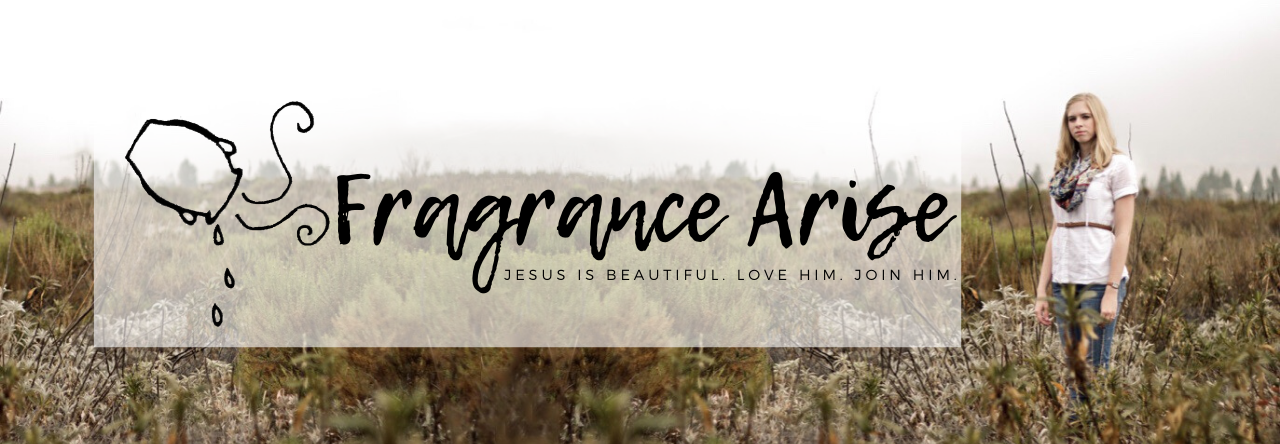 Put your hand on your belly.
Put your hand on your belly.
In John 7:38 Jesus said that whoever believes in Him, “out of his belly shall flow rivers of living water.” The next verse explains that He’s talking about the Holy Spirit. The word “belly” is from the King James Version, and most of your translations probably say heart, but the Greek word koilias actually means “belly.” In the Hebrew way of thinking, your belly represented the seat of your emotions and your deepest inner parts, the way we talk about the heart.
No, it’s not actually literal; of course the Holy Spirit is not squeezed inside of you next to your large intestine, but it does kind of make a lot of sense. We know that the belly is often the emotional centre of the body. Sure, we feel things in our heart, but we also feel them in our stomach. Your stomach’s tied up in knots. You have butterflies in your stomach.
Actors and singers know this too. If you’ve ever taken an acting or voice class, you’ve been told to “breathe from your diaphragm.” The diaphragm is the muscle in your abdomen that makes your lungs expand. I was always told, “feel your stomach expanding like a balloon.” I spent a lot of time in all my acting years concentrating on my belly as the centre of my breath.
That very breath in your lungs that fills your belly—what is it? Where does it come from? Genesis 2:7—it’s the breath of life. The Spirit of God.
“Out of his belly will flow rivers of living water.”
Right now, if you have believed in Jesus and given your life over to Him, you have that living water inside of you. Historically, “living water” referred to a river that was clean and flowing. Pure and moving. This is true of the Holy Spirit, but it’s also more than that. He is actually the LIVING. WATER.
You have right now the Spirit of God living inside of your body. You are His temple. You are the building that He lives in.
The Holy Spirit is not a force. I love to watch Star Wars and think about God, but the Holy Spirit is not the Force. He’s a Person. He has a personality. He has a mind. He has emotions. And He is the Eternal Living God.
And He lives inside of you.
1 Corinthians 2 says that no one knows a person’s thoughts except that person’s own spirit. Only you really know what you’re thinking at any given time unless you tell someone, right? Because you live inside of you. So only the Spirit of God can know the thoughts of God, right? BUT GOD put His Spirit inside of you. We have the mind of Christ. The Holy Spirit searches the deep things of God, and then He reveals them to us. It’s His favourite thing to do.
Put your hand on your belly. Close your eyes and picture the Holy Spirit dwelling inside of you.
The Bible uses several different images to talk about the Holy Spirit. It says that He’s like wind. (John 3:8, Acts 2:2) The very word “Spirit” in Hebrew (ruach) and Greek (pneuma) means “breath” or “wind.” Wind can be a cool, gentle breeze, or a mighty rushing hurricane. He loves like a hurricane.
He’s like water. (John 7:37-39, Isaiah 44:3) He’s like rain (Hosea 6:3), or like the ocean. When you go to the beach, you can choose how much you get in the water. You can get your toes wet, or you can go in up to your knees, or up to your waist, or even in over your head where you can feel the waves rhythmically pounding around you and the salt and sand and water rushing through your hair. (cf. Ezekiel 47) But even then, you’re still at the beach. You can never go to the bottom of the ocean floor, and you can never touch every drop of the ocean. You can never reach the end of God’s Spirit.
He’s like fire. The fire of God rested on the disciples at Pentecost. (Acts 2:3) The fire of God burns before the throne of God. (Revelation 4:5) God is a consuming fire. (Hebrews 12:29) When we pray for fire to come, that’s not just cool revival language. We’re asking for a Person.
So as you have your hand on your belly, pick one of those images of the Holy Spirit. Imagine that fire or that river living inside your belly. He’s here because He wants to be. He actually chose to live inside of you forever. This is the climax of the story of this age, not that God became a perfect Man, but that GOD. LIVES. IN. BROKEN. HUMAN. VESSELS.
Jesus said, “Nevertheless, I tell you the truth: it is to your advantage that I go away, for if I do not go away, the Helper will not come to you. But if I go, I will send him to you.” (John 16 7 ESV)
Having the Holy Spirit living inside of you is better than having Jesus in the flesh sitting in the chair next to you. Because if Jesus were all you had, you still couldn’t get inside Him and He couldn’t get inside you. You would have to talk the old-fashioned slow way, with mouths and words.
But the Holy Spirit, the very Spirit—the essence—of Jesus, lives inside you.
Talk to Him.
 A personal paraphrase of 1 Corinthians 13.
A personal paraphrase of 1 Corinthians 13.


 I’ve always wondered about the line “dancers who dance upon injustice” in the song
I’ve always wondered about the line “dancers who dance upon injustice” in the song 


 Put your hand on your belly.
Put your hand on your belly.